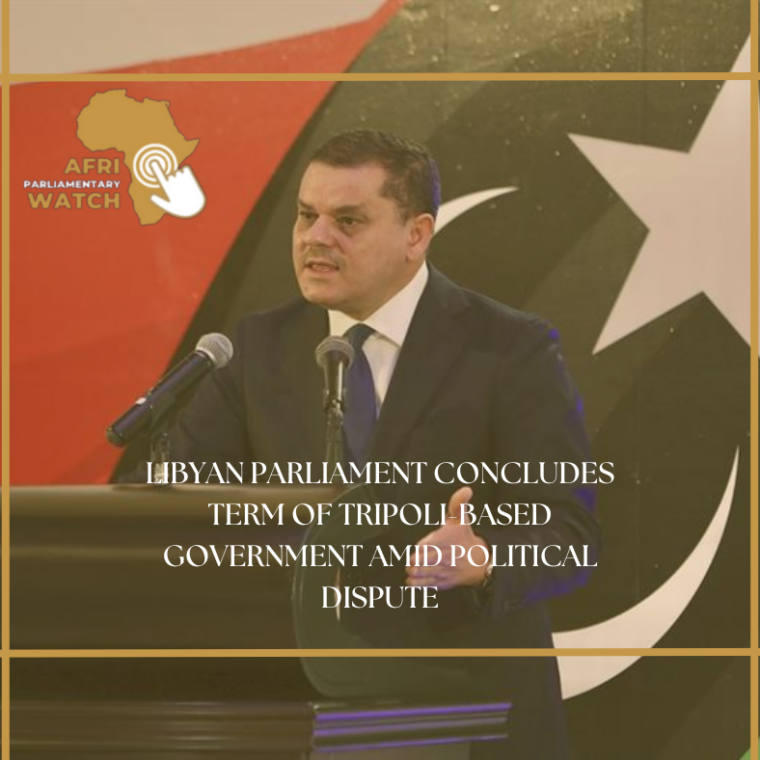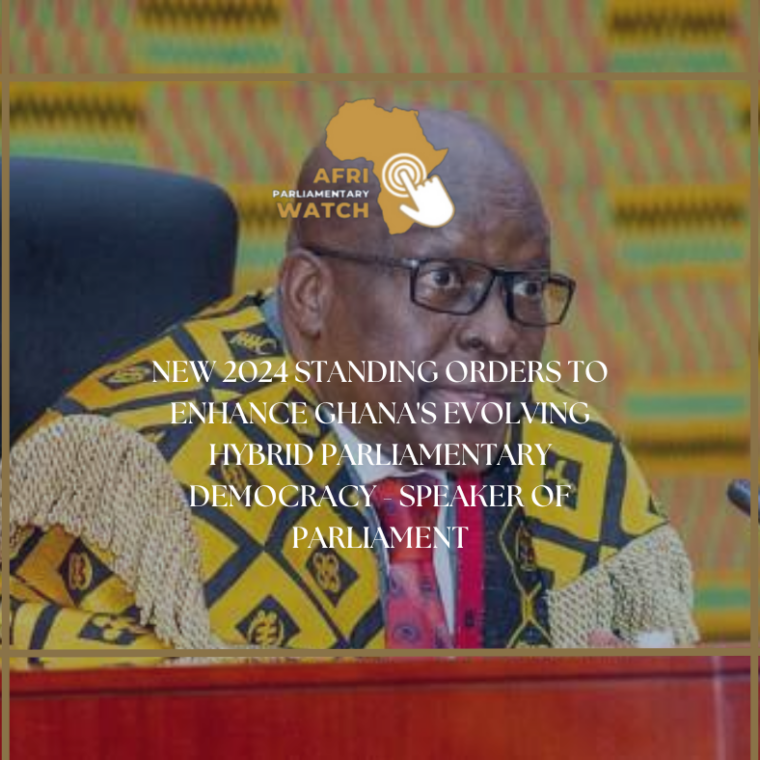Comoros is set to vote on Sunday in an election that is likely to secure a fourth term for President Azali Assoumani, a former military officer whose administration faces accusations of suppressing dissent in the Indian Ocean archipelago.
With nearly 340,000 eligible voters in a nation of under one million people, Assoumani, 65, who recently served as the African Union’s rotating chairperson, will compete against five challengers. Opposition leaders have called for a boycott, alleging that the electoral commission is biased in favor of the ruling party. The commission has denied these claims and assured that the election will be conducted transparently.
Regional observer missions, including those from the African Union, have criticized the 2019 election for irregularities and a lack of credibility. This election follows constitutional changes that removed the requirement for the presidency to rotate among the Comoros’ three main islands every five years, allowing Assoumani to seek re-election. These changes led to months of violent protests. The Comoros Islands—Anjouan, Grande Comore, and Moheli—have faced persistent poverty and political instability, including around 20 coups or attempted coups since gaining independence from France in 1975. The nation is also a key source of irregular migration to the nearby French island of Mayotte, which was historically part of Comoros. Under the new system, Assoumani, who initially came to power in a 1999 coup before stepping down in 2002 and later winning the 2014 election, is expected to step down in 2029.
Since 2019, Assoumani’s government has been accused of intensifying its crackdown on dissent. Former President Ahmed Abdallah Sambi, who served from 2006 to 2011, was sentenced to life in prison for high treason related to corruption allegations in November 2022, after spending four years in detention. Political protests have been consistently banned for security reasons.
Main opposition leader Mohamed Ali Soilihi, who is in exile in France, has labeled the current state of democracy as a mere facade and has urged for a boycott of the election. Assoumani has rejected claims of political persecution and has vowed that the election will proceed as planned despite the boycott calls.
On the campaign trail, Assoumani has highlighted his administration’s achievements, including the construction of roads, hospitals, and other infrastructure.





